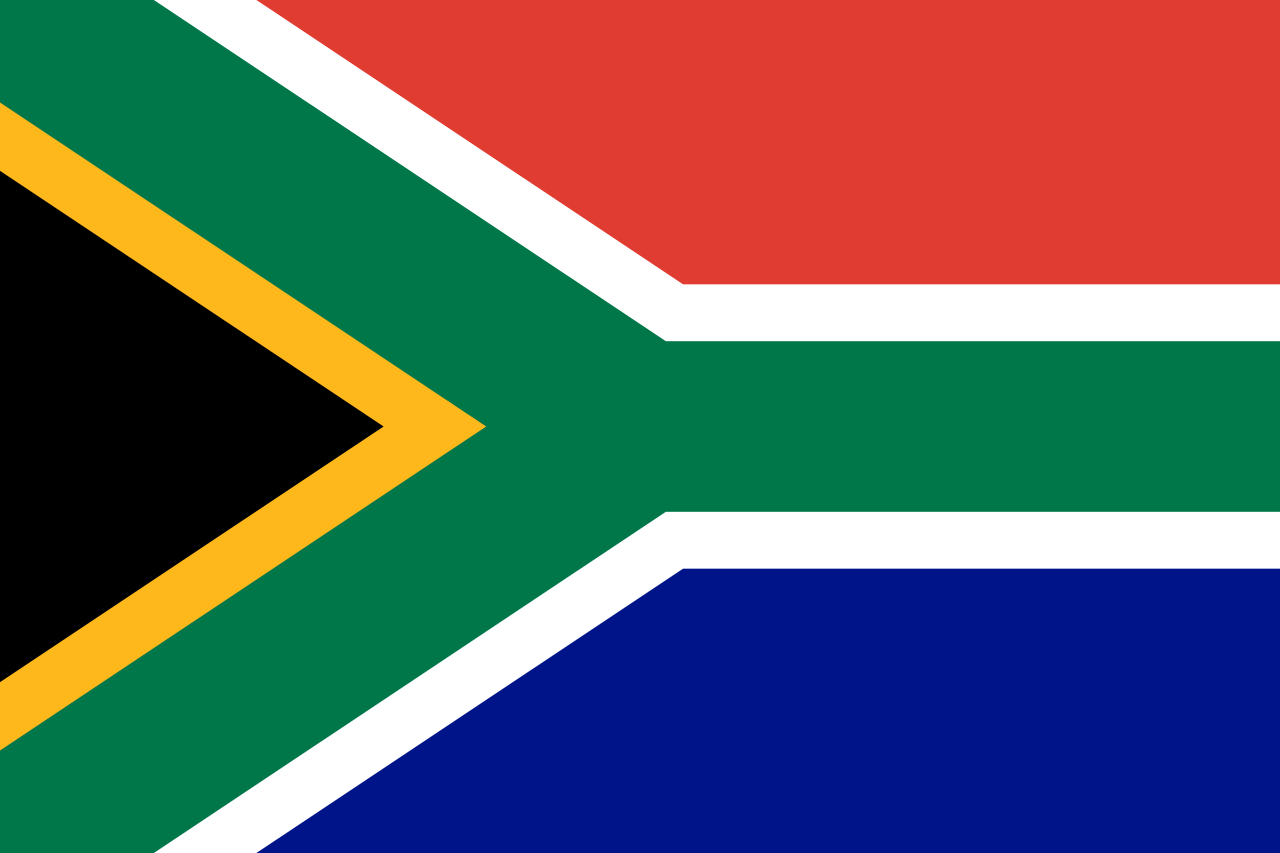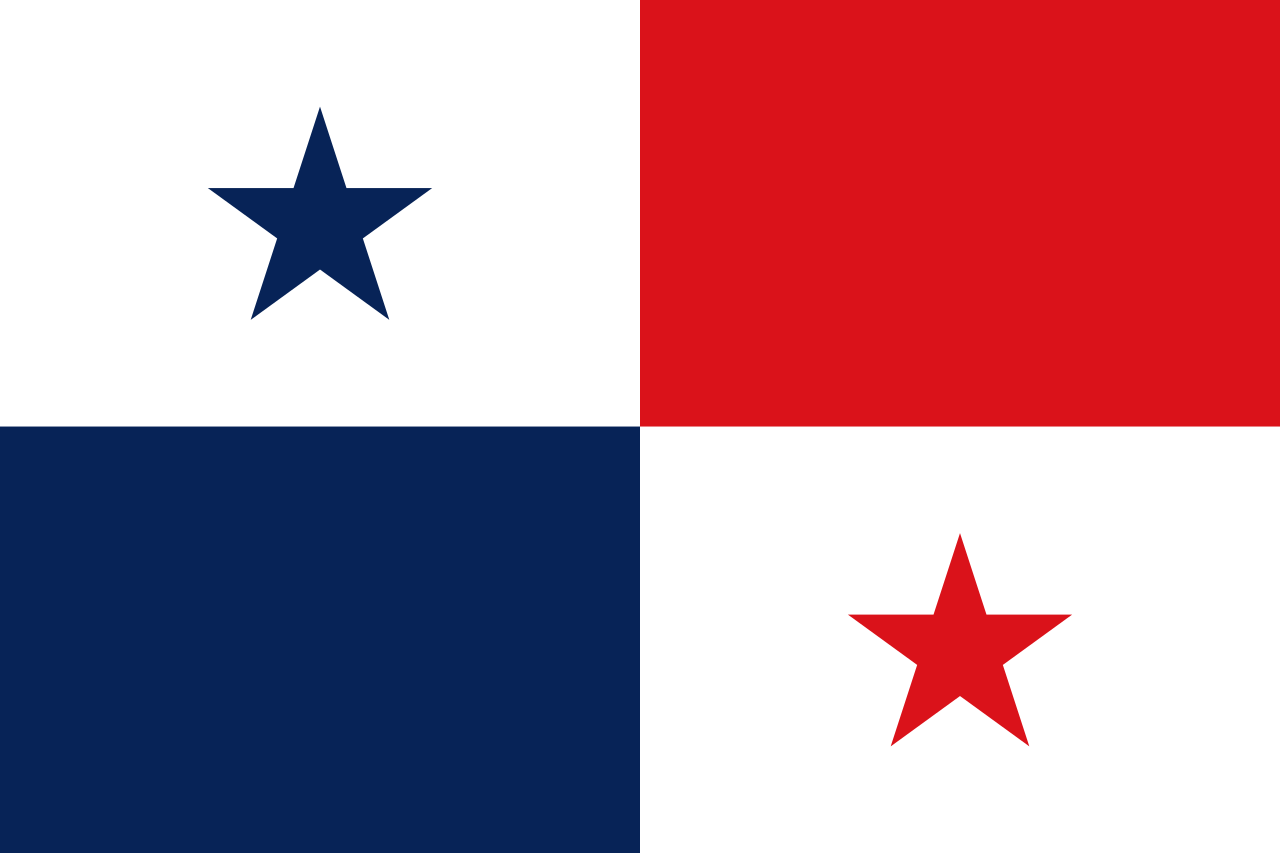The following are excerpts, without
footnotes, of an article published in the Judges’ Newsletter on International
Child Protection Vol. XX, Summer – Autumn 2013.
The full article is available on the
website of the Hague Conference on Private International Law.
Concentration of Jurisdiction under
the Hague Convention of 25 October 1980 on the Civil Aspects of International
Child Abduction: South Africa
By The Honourable Mrs. Justice BelindaVAN HEERDEN, Supreme Court of
Appeal, Bloemfontein, South Africa
International child abduction
The Hague
Convention of 25 October 1980 on the Civil Aspects of International Child
Abduction (hereinafter the 1980 Child Abduction
Convention) was incorporated into South African domestic
law in terms of the Hague
Convention on the Civil Aspects of International Child Abduction Act 72 of 1997
(date of
commencement 1 October 1997). From the outset, jurisdiction
in Hague matters was vested only in the High Courts.
Indeed, the Central Authority for South Africa is the
Chief Family Advocate who has delegated her powers under
the 1980 Child Abduction Convention to the Office of the
Family Advocate attached to each of the High Courts which
to all extents and purposes function at provincial level. The
whole of the 1980 Child Abduction Convention Act was repealed
by section 313 of the Children’s Act 38 of 2005 (date of
commencement 1 April 2010). However, section 275 of the Children’s
Act states that the 1980 Child Abduction Convention “is in
force in the Republic and its provisions are law in the Republic,
subject to the provisions of this Act”. The whole Convention
is annexed to the Act as a schedule. Section 45(3) retains
the exclusive jurisdiction of the High Courts in Hague abduction
matters. Lower courts, such as children’s courts at magistrate’s
court level, are therefore excluded.
The main problem with concentration of Hague abduction jurisdiction
in the High Courts is that these courts have broad civil and criminal
jurisdiction and do not have a special chamber dealing with family and child
law in general, and Hague abduction matters in particular. Prior to 2007, this meant
that there were no High Court judges with specialized training in the 1980
Child Abduction Convention to deal with such matters. In January 2007, a high
level meeting took place between the Chief Justice (the head of the judiciary
in South Africa), the author of this note and Lord Justice Mathew Thorpe, Head
of International Family Law in the United Kingdom, to address instances of the failure of the judicial system
in South Africa to achieve acceptable international standards in the management
and determination of return applications brought under the 1980 Child Abduction
Convention. Spearheaded by the Chief Justice, at a subsequent meeting of the
Heads of Court in November 2007, the Judge- President of each High Court nominated one or more judges to assume
a special responsibility for international family law cases. The intention was
that the judges nominated would receive specific training to equip them better
to deal with the special challenges of international family law cases. These judges
would then build up a repository of experience in the management and
adjudication of such cases. In exceptional circumstances preventing the
nominated judge (or one of the nominated judges in High Courts with several
nominees) from trying the case, the nominated judge would be available to
assist the judge to whom the case was assigned. In addition, the nominated
judges were to be responsible for liaison and collaboration with judges in
other jurisdictions within the Global Hague Network. The author of this note
was designated by the Chief Justice as the co-ordinator of the nominated first
instance judges, and as the primary liaison judge for the South African
jurisdiction.
This gave rise to a South African Judicial Network spanning the
provincial High Courts, enabling particular judges at each High Court to apply
their special expertise in Hague Abduction matters, while retaining their
jurisdiction to deal with general civil and criminal cases. Apart from specific
training of the nominated judges, which took place in 2008, there has been
ongoing in-house training at several of the High Courts. Moreover, practice
directives dealing with the urgency of Hague Abduction matters and dedicated
case management of such cases have been issued at some of the High Courts.
Regulations issued under the Children’s Act also cover the practical aspects
required to implement the 1980 Child Abduction Convention, including a
provision that proceedings for the return of a child under the Convention must
be completed within six weeks from the date on which judicial proceedings were
instituted in a High Court, except where exceptional circumstances make this
impossible.
By and large, this informal concentration of jurisdiction in nominated
High Court judges has worked well. There is, however, a need for an ongoing
training of nominated judges and the speedy replacement of nominated judges who
leave the High Court (usually on appointment to the Supreme Court of Appeal).
Intercountry adoption
The Hague
Convention of 29 May 1993 on Protection of Children and Co-operation in Respect
of Intercountry Adoption (hereinafter the
1993 Adoption Convention) was incorporated into South African domestic law by section 256 of the Children’s Act and the
whole Convention is annexed to the Children’s Act as a schedule. In terms of
the Children’s Act, a children’s court has jurisdiction over inter-country
adoptions. For purposes of the 1993 Adoption Convention, the Central Authority
is the Director-General of Social Development.
Before the coming into operation of the Children’s Act, section
18(4)(f ) of the then applicable Child Care Act 74 of 1983 prohibited a
non-South African citizen from adopting a South African child. This effectively
meant that inter-country adoptions were unlawful. In Minister of Welfare and Population Development
v Fitzpatrick 2000 (3) SA
422 (CC), this section was declared to be unconstitutional and invalid. The
Constitutional Court ruled that inter-country adoptions should proceed through
the existing children’s courts, like all other adoptions. In the subsequent
Constitutional Court judgment in AD
& another v DW and others 2008
(3) SA 183 (CC), the court noted that, in the context of inter-country
adoption, the correct route to follow would be adoption proceedings before the
children’s court. As indicated above, this exclusive jurisdiction of the children’s
court in respect of inter-country adoptions has now been formalised in terms of
the Children’s Act.
A children’s court has a status similar to a magistrate’s court at
district level, and as there are children’s courts in every magisterial
district in South Africa, they are much more accessible to litigants, and much
less expensive, than the High Court. While children’s courts have a specialised
child law jurisdiction, this jurisdiction spans a wide range of matters
involving children, including South African domestic adoptions. It is, however,
generally accepted that children’s courts do have the necessary expertise and
experience to ensure proper compliance with the 1993 Adoption Convention and
that the concentration of jurisdiction in such courts in this regard ensures
that the safeguards and procedures envisaged by the Convention are followed.
Since children’s courts are found in every magisterial district throughout the
country, in the region of 384 such courts exist in South Africa. Concentrated
training of all presiding officers would not be possible under present
circumstances.





